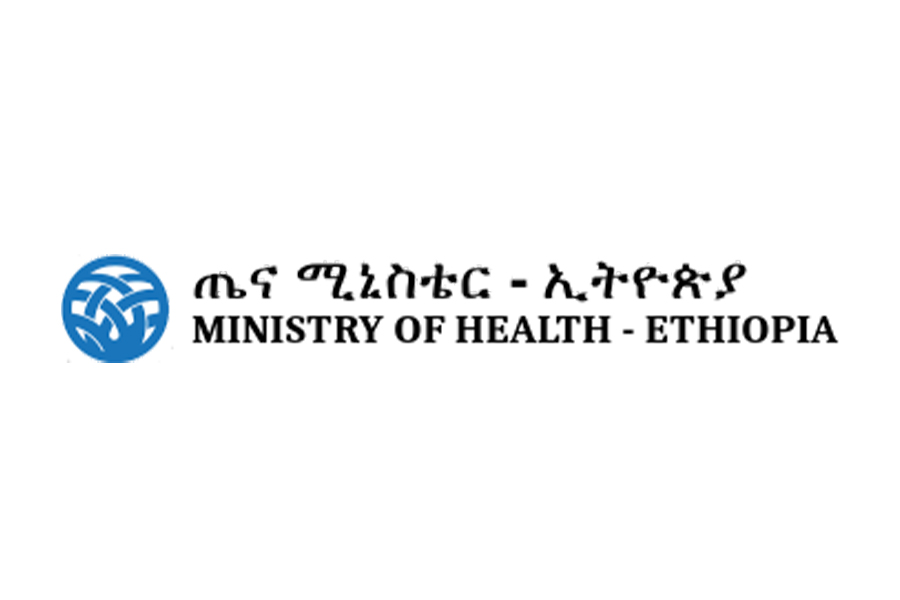
Fortune News | Aug 01,2020
Flower exporters are subject to a codified process of ascertaining and quantifying their imported inputs that augment the value of the finished goods prior to their exportation.
The materials such as boxes, wrapping paper and price stickers were exempted from tax as they were considered raw materials for flower exports. However, the procedure was engulfed with long processes and costs that created confusion between exporters and customs officers.
To address the problem, experts at the Ministries of Industry and Agriculture and the Ethiopian Investment Commission put forth new standards for import procedures with hopes of bridging the gap identified in a study.
The study uncovered the average rates in kilograms offered for each flower stem grown in nine different flower farms. It is yet to be ratified by the Ministry of Industry which oversees the flower exporters' vouchers, incentives for importing materials and monitoring that raw materials are used for export purposes.
According to Muna Jemal, head of expansion and incentives at the Ministry, it is crucial to set specific and accurate input standards for commodities as the disparity subjected some to incur losses. She argues that the new input-output standards will improve transparency and be traceable for the incentivised raw materials.
"Some were found in the local markets," she told Fortune.
The new standard compiles measurements used for 20 different types of voucher-based materials on nine flower farms taking the types of materials needed for each flower type into account.
Muna said efforts are underway to substitute raw-material imports with local productions.
Each type of specification and measurement will be used on producers and exporters of the same farming cluster and of a similar flower type. The length, weight and width were instilled in line with the raw materials kilogram while the possible wastage was calculated.
Floriculture is an input-intensive business, where up to 90pc of expenditures are reported on raw materials imports. The United States and China are the major sourcing countries for raw materials.
It has shown an 18pc average growth in the past five years with a total area of 1,800hct covered by flower production. Three types of flowers: roses, summer flowers and cut flowers with multiple varieties of their own are cultivated in Zeway, Debre Zeit, Holeta, and Sululta towns in Oromia Regional State as the major production areas employing over 57,000 people.
The incentive is part of the notion apprehended by the National Bank of Ethiopia (NBE) to attract Foreign Direct Investment to the international markets.
Ethiopia, in the last decade, has managed to boost floriculture productivity by bringing together foreign and domestic investors granting various incentives including a tax exemption for machinery and raw material imports and access to bank loans and farmlands.
There are 60 active flower exporters who use vouchers to import the raw materials. They embraced the standards with open arms with hopes that it would pave the way for objectivity and unburden unnecessary calculations.
Incorporated in 2006, Zeway Rose Plc is sprawled over 42hct land in Oromia Regional State, 165Km west of the capital.
Ermias Solomon, the operational manager, applauded the efforts of authorities in formulating an etiquette criterion. The company exported 100 million flower stems to the international markets last year where Ermias observed the escalating prices of raw materials over the years.
According to Ermias, exporters had to go through measurement. He recalled that confusion incurred upon reconciliation at the end of the year when exporters appeared to be left with the raw materials they vouched to export.
"This will clear out the long-standing impediment," he said.
Ethiopia has achieved extraordinary success in flower exports, beginning in the mid-2000s. In 2015, annual export revenues reached about 225 million dollars, doubling within a decade.
Exporters brought over 614 million dollars in revenues this year from 247,000tn of flowers to the international markets with the Netherlands, Saudi Arabia, and the United Kingdom taking the major share. It is the fifth largest producer, trailing the Netherlands, Colombia, Ecuador, and neighbouring Kenya.
Last year, the Central Bank issued a new directive effective to set a price threshold price for export which imposes a price regime for highland roses to bring no less than 4.26 dollars a kilogram, around 0.6 dollars higher than the previous prices set two years ago.
Agricultural economists such as Shimeles Araya (PhD), applauded the move by the authorities indicating that it will pave a clear path for exporters. He said economic sustainability for the flower industry has incurred structural problems including the lack of technical assistance and qualified human resources.
He argued the country relied solely on archaeological advantage and resource endowments.
Shimelis believes that floriculture has been playing an important role in generating mass foreign exchange and suggests that domestic issues will need keen attention from authorities to play a part in the long run.
"Quality overrules all," he said.
PUBLISHED ON
Sep 09,2023 [ VOL
24 , NO
1219]

Fortune News | Aug 01,2020

Radar | Jul 21,2024

Radar | Apr 26,2019

Commentaries | Oct 16,2020

Fortune News | Jul 17,2022

Radar | May 28,2022

Life Matters | Apr 24,2021

Radar | Nov 27,2021

Fortune News | Oct 06,2024

My Opinion | Aug 05,2023

Dec 22 , 2024 . By TIZITA SHEWAFERAW
Charged with transforming colossal state-owned enterprises into modern and competitiv...

Aug 18 , 2024 . By AKSAH ITALO
Although predictable Yonas Zerihun's job in the ride-hailing service is not immune to...

Jul 28 , 2024 . By TIZITA SHEWAFERAW
Unhabitual, perhaps too many, Samuel Gebreyohannes, 38, used to occasionally enjoy a couple of beers at breakfast. However, he recently swit...

Jul 13 , 2024 . By AKSAH ITALO
Investors who rely on tractors, trucks, and field vehicles for commuting, transporting commodities, and f...

Oct 18 , 2025
The political establishment, notably the ruling party and its top brass, has become p...

Oct 11 , 2025
Ladislas Farago, a roving Associated Press (AP) correspondent, arrived in Ethiopia in...

Oct 4 , 2025
Eyob Tekalegn (PhD) had been in the Governor's chair for only weeks when, on Septembe...

Sep 27 , 2025
Four years into an experiment with “shock therapy” in education, the national moo...